
Recommendation
Lee Iacocca, the corporate icon of the “go go” era, recounts (with co-writer William Novak) how he did it his way, with a little help from his friends. He sets the record straight about insinuations that he was a flamboyant flash in the pan or had Mafia ties. A sense of honesty pervades his narrative, which often reveals more about the man than he probably intended. This 1984 classic is a cultural account of a time when American manufacturing was full of vitality, and marketing was simpler and more direct. At the time, experts warned Iacocca that you can know too much about everything and that a flood of information will just slow you down. He decided to know it all, anyway. His philosophy, well expressed between anecdotes, seems almost naïve now, certainly when contrasted with the ruthlessness of his nemesis, Henry Ford II. Iacocca gets the last laugh with his insider descriptions of life in the corporate glass house. getAbstract recommends this frank, refreshing yarn to postboomer business leaders, managers on the ascent, car buffs and manufacturers who operate within a dealer network.
Summary
About the Authors
Born in Allentown, Pennsylvania, Lee Iacocca, the son of immigrants, rose to become head of the Ford Motor Company and Chrysler Motor Corporation. He is the author or co-author of several books, including //Where Have All the Leaders Gone?








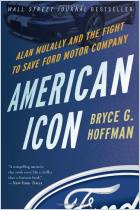
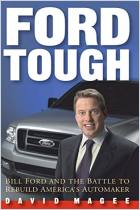
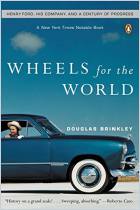
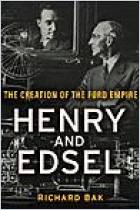
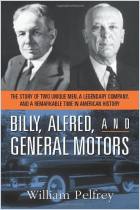
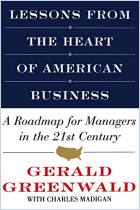
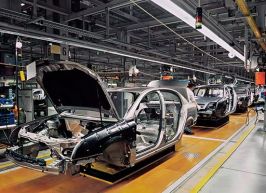




Comment on this summary or Start Discussion